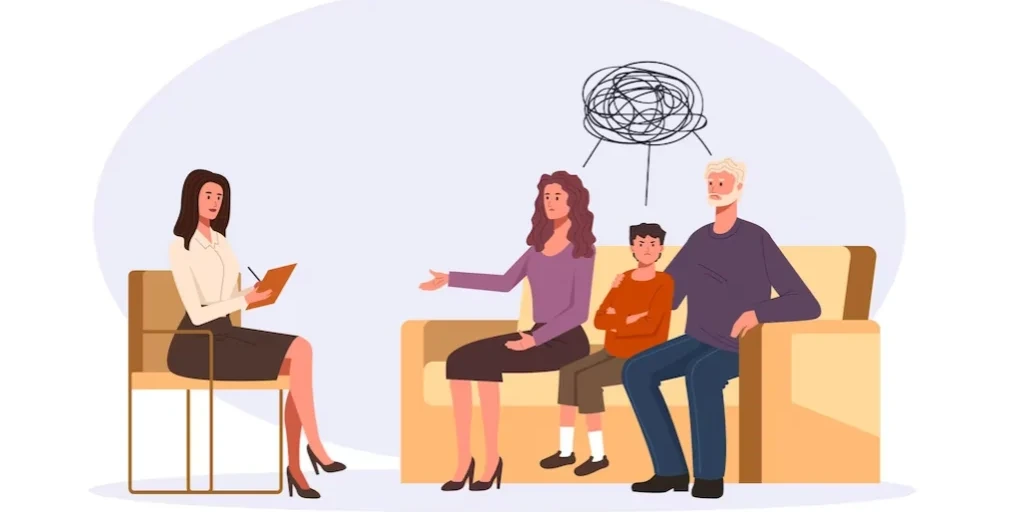24/7 Helpline:
(866) 899-221924/7 Helpline:
(866) 899-2219
Learn more about Bipolar Disorder Treatment centers in Novinger
Bipolar Disorder Treatment in Other Cities

Other Insurance Options

Kaiser Permanente

Coventry Health Care

Access to Recovery (ATR) Voucher

MVP Healthcare

Optum

Sliding scale payment assistance

Cigna

BHS | Behavioral Health Systems

Health Choice

Magellan Health

Ambetter

UnitedHealth Group

Horizon Healthcare Service

MHNNet Behavioral Health

Health Partners

Private insurance

Multiplan

ComPsych

BlueCross

Ceridian










Preferred Family Healthcare – Jamison Street
Preferred Family Healthcare is a mental health, behavioral health, and dual diagnosis treatment cent...

Mark Twain Behavioral Health
Mark Twain Behavioral Health is a private rehab located in Kirksville, Missouri. Mark Twain Behavior...

Preferred Family Healthcare
Preferred Family Healthcare offers a residential and outpatient program, CPRC, RCF, Prevention, Heal...




























Integrative Wellness Institute
Integrative Wellness Institute is a private rehab located in Kirksville, Missouri. Integrative Welln...

AA – Alcoholics Anonymous
AA – Alcoholics Anonymous is a non-profit rehab located in Kirksville, Missouri. AA – Alcoholics Ano...














